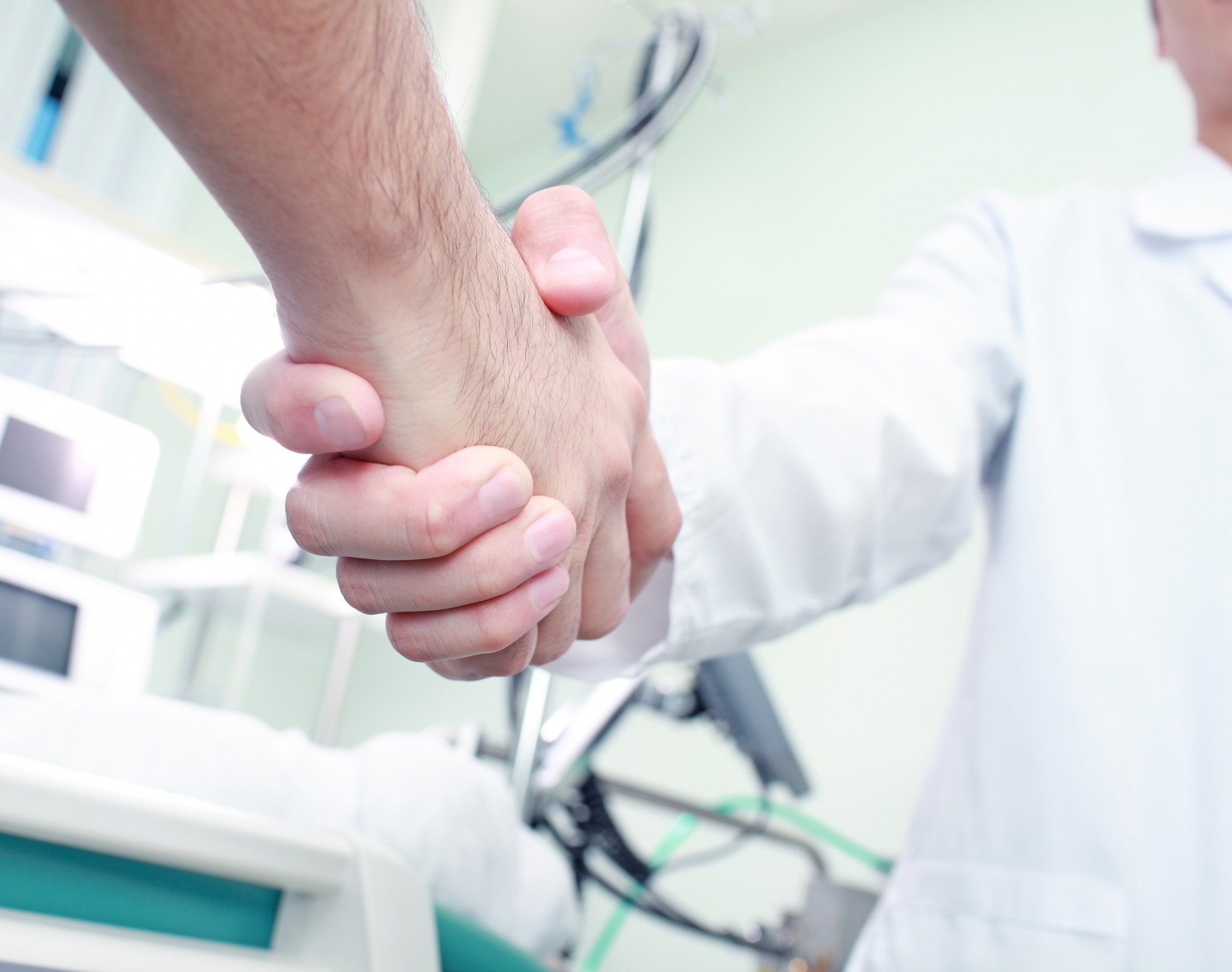First Appointment
I'm often at the front-line, the first person a patient sees beyond their GP. I can help filter out what the symptoms are leading to.
The aim of the first visit is to discuss your symptoms and concerns in detail and to understand any other potential relevant medical problems.
During this visit you will also undergo a clinical examination focusing in particular on your cardiovascular system. We might also perform a 12 lead ECG and ECHO. This might be all that you need to reach a conclusion and decision on whether further treatment is required or provide assurance that there are no concerns.
Often however, other tests maybe required to provide more objective information. These tests can be described in various ways but often are divided into non-invasive and invasive tests. The choice of any of these tests is determined by the nature of the complaint and the accuracy provided by these tests in providing the answers needed.
We will have to organise for these tests at a later date and subsequently arrange to meet to discuss the results.
Follow-up Appointments
A follow-up appointment can vary depending on what your individual journey is, however, they mainly fall into two camps: general and device follow-up appointments.
Where tests have been requested, the second appointment is arranged to discuss the findings from these tests. In the majority of cases the information available at this stage would be sufficient to provide a diagnosis and management plan needed.
In many cases either assurance is given that there are no concerns or treatment is commenced with no further follow up required.
Alternatively, the tests may show a problem that requires further intervention or treatment, for example to arrange for coronary angioplasty or implantation of a pacemaker.
Whatever the decision, we will discuss in detail the rationale, potential risks and benefits of any further intervention.
General Follow-up
In a small proportion of patients, follow-up appointments are needed to monitor your response to the treatment received, this might involve changing the dose or type of tablets your receive.
Occasionally a repeat of some of the cardiac tests may be needed e.g. ECG or ECHO.
Device Follow-up
If you have a pacemaker, defibrillator or cardiac monitor implanted, you will require follow-up appointments to check on the device function, download stored information on your heart rhythm, alter the programming of how the device needs to be set (if required) and possibly alter the medications that you may be needed as required.
The intervals for these appointments vary depending on the nature of the device you have and any rhythm monitoring or device programming needed.
Non-invasive Procedures
There are many investigations that we undertake that are non-invasive. These include:
- 12 Lead Resting Electrocardiogram (ECG)
- Ambulatory ECG Monitor
- Echocardiogram
Please visit our non-invasive procedures Page for more information.
Invasive Procedures
The heart is a special organ, and unlike checking for problems linked to muscles or bones, often what's called an 'invasive investigation' is required.
This is often painless, but necessary to really determine the underlying cause of a symptom.
Investigations include:
- Coronary Angiogram
- Coronary Angioplasty
- Pacemaker implant
- Cardiac Resynchronisation Therapy Pacemaker (CRT-P) Implant
- Implantable Cardioverter Defibrillator (ICD) Implant
- Cardiac Resynchronisation Therapy Defibrillator (CRT-D) Implant
- Insertable Cardiac Monitor Procedure
Please visit our invasive procedures page for more information.



